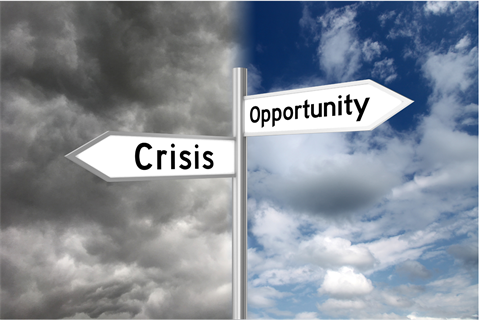Re Entry Services

The Yavapai Reentry and Connections Center
The Yavapai Reentry and Connections Center is a new facility that will be constructed separate from, but in conjunction with, the new Yavapai Criminal Justice Center in Prescott, Arizona.
Reentry Center
The Reentry Center will serve individuals who are being released from jail and returning to the community.
We believe that if people suffering from mental health and substance abuse disorders, as well as various socioeconomic deficiencies, are directed into meaningful services and their underlying causes of their criminal behavior are sufficiently and appropriately addressed through screening and care coordination, then we can make a real impact in reducing recidivism (or going back to jail). We can enhance the quality of life by supporting ties for people with mental illness and/or are substance dependent.
The re-entry portion of the center will provide a physical location for highly motivated community agencies to meet releasing citizens where they are, conduct on-site intakes, assessments, and other care management services to support behavioral health, housing, veteran, employment, transportation, and other needs.
Through the generous funding of the AZ Attorney General’s Office, Yavapai Sherriff’s Office’s Camp Verde Detention Center has begun a remodel to incorporate a Reentry Center with the same model and goal to be available for individuals upon release in the Verde area.
Connections Center
This Connections Center will also service those in a mental health crisis and who are potentially eligible for involuntary pre-arrest evaluation and treatment, deflecting this population from the criminal justice system altogether.
A 12-bed inpatient psychiatric unit will allow service for individuals who may otherwise enter the criminal justice system or be deflected to the local emergency departments.
By improving the behavioral health outcomes of this population, through screening and care coordination, our long term expected impacts are a reduction in recidivism which improves public safety, population health through service linkage, quality of life, and retention of family and support ties for people with mental illness and/or are substance dependent.
We believe that if people suffering from mental health and substance abuse disorders, as well as various socioeconomic deficiencies, are directed into meaningful services and their underlying causes of criminogenic behavior are sufficiently and appropriately addressed, then we can reduce crime thus reducing recidivism.